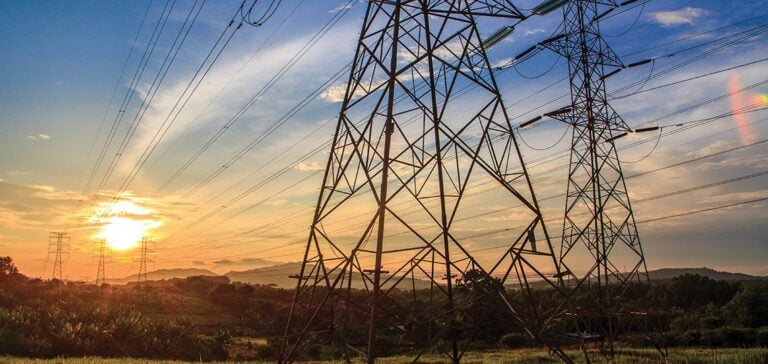Negative electricity prices, where energy is sold at a price below zero, have risen sharply in France in 2024. According to the French Energy Regulatory Commission (CRE), 235 hours of negative prices were recorded in the first half of the year, compared to 147 hours for the whole of 2023. This phenomenon, which accounted for 5.4% of the time in 2024, results in significant economic losses for the French energy sector.
The causes of negative prices
Negative prices occur when the supply of electricity far exceeds demand, forcing some producers to pay to maintain production. This situation often arises from suboptimal management of production facilities and certain mechanisms of renewable energy support programs. Facilities benefiting from fixed tariffs, immune to market price fluctuations, continue to produce even during negative price periods. This increases costs for the state, estimated at €15 million in the first half of 2024, as these mechanisms compensate for losses borne by obligated buyers.
The economic weight of negative prices
The CRE estimates that negative prices have resulted in a €80 million loss for non-supported French producers in 2024. These producers maintain certain levels of production to avoid the high costs of shutting down and restarting their facilities. Conversely, halting facilities with fixed tariffs could have avoided some of these losses.
Despite these challenges, France’s electricity exports have partially mitigated the impact of negative prices. France exported electricity in 85% of the cases where negative prices occurred, although export volumes were lower than those recorded during periods of positive prices.
CRE’s recommendations
To reduce the impact of negative prices, the CRE proposes several measures, including incentives to halt subsidized facilities during such periods. It also advocates for investments in structural solutions, such as expanding electricity storage capacities or improving demand flexibility. These measures aim to better balance supply and demand while reducing inefficiencies in the current system.
A growing phenomenon
Until 2022, negative price hours never exceeded 102 hours annually, representing 1.2% of the time. Their increase over the past two years highlights an urgent need to adapt the French electricity system to minimize economic losses and optimize resource management.
Finally, the CRE emphasizes that other measures, such as strengthening interconnections with neighboring countries or improving European coordination, could also be explored to mitigate these imbalances.






















